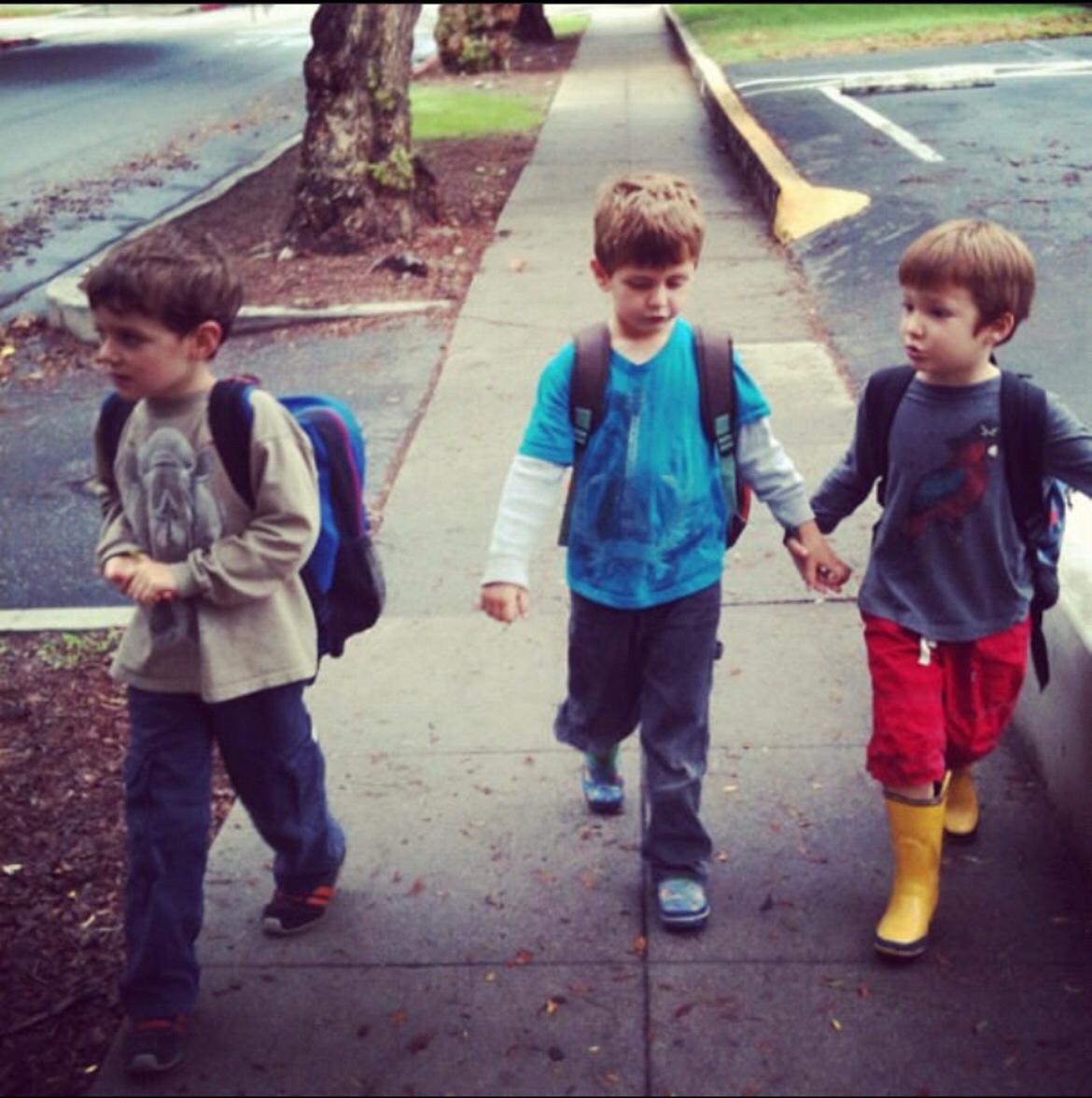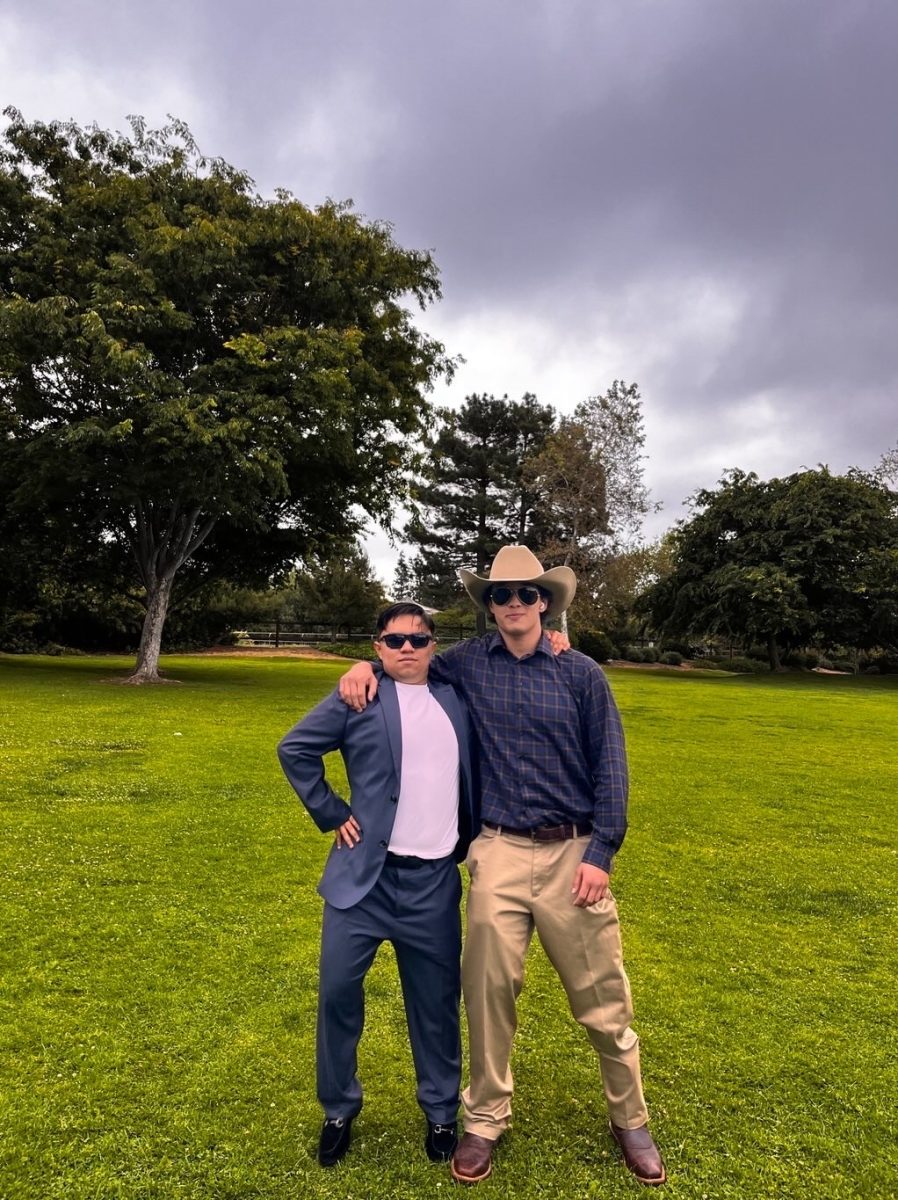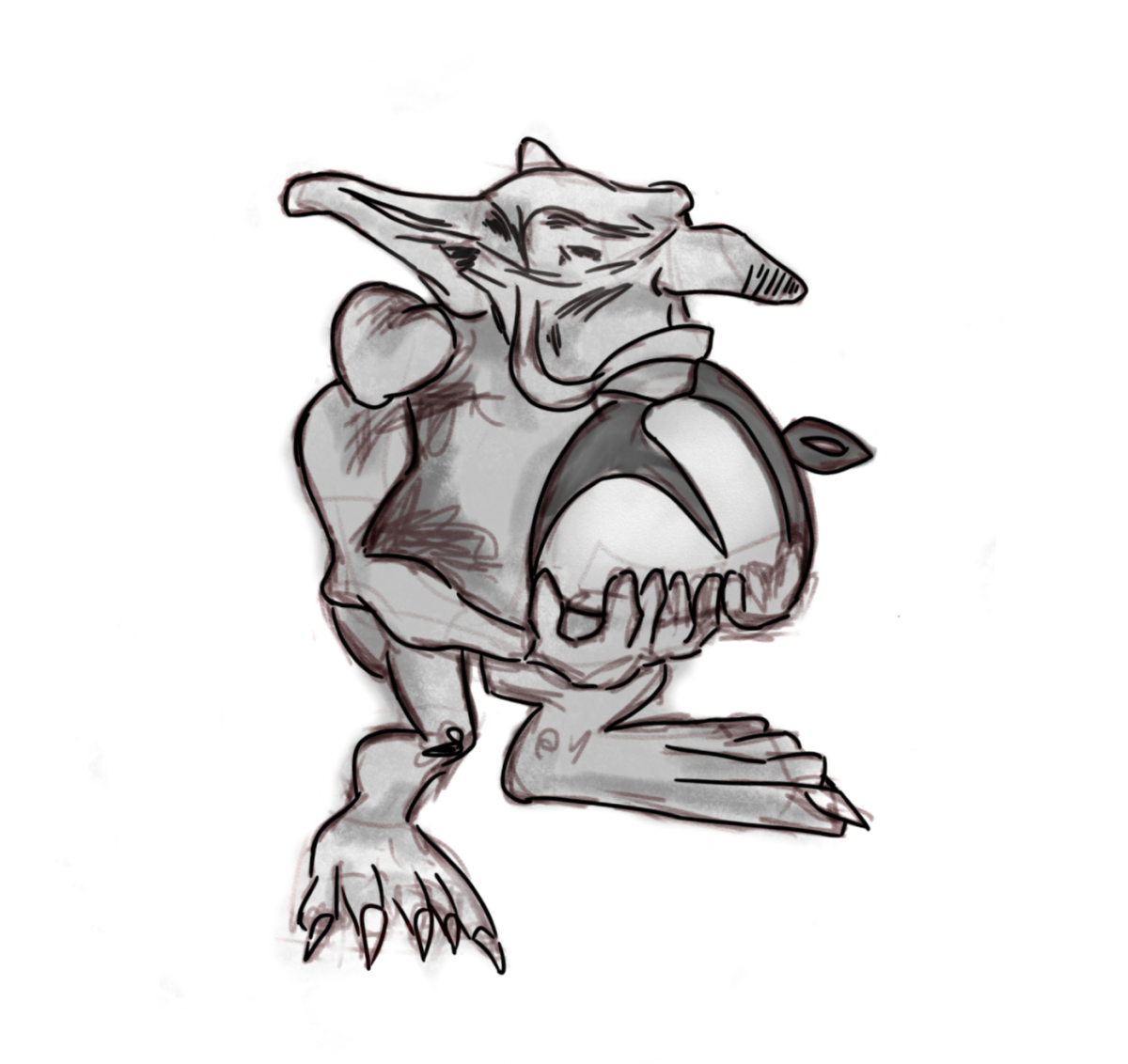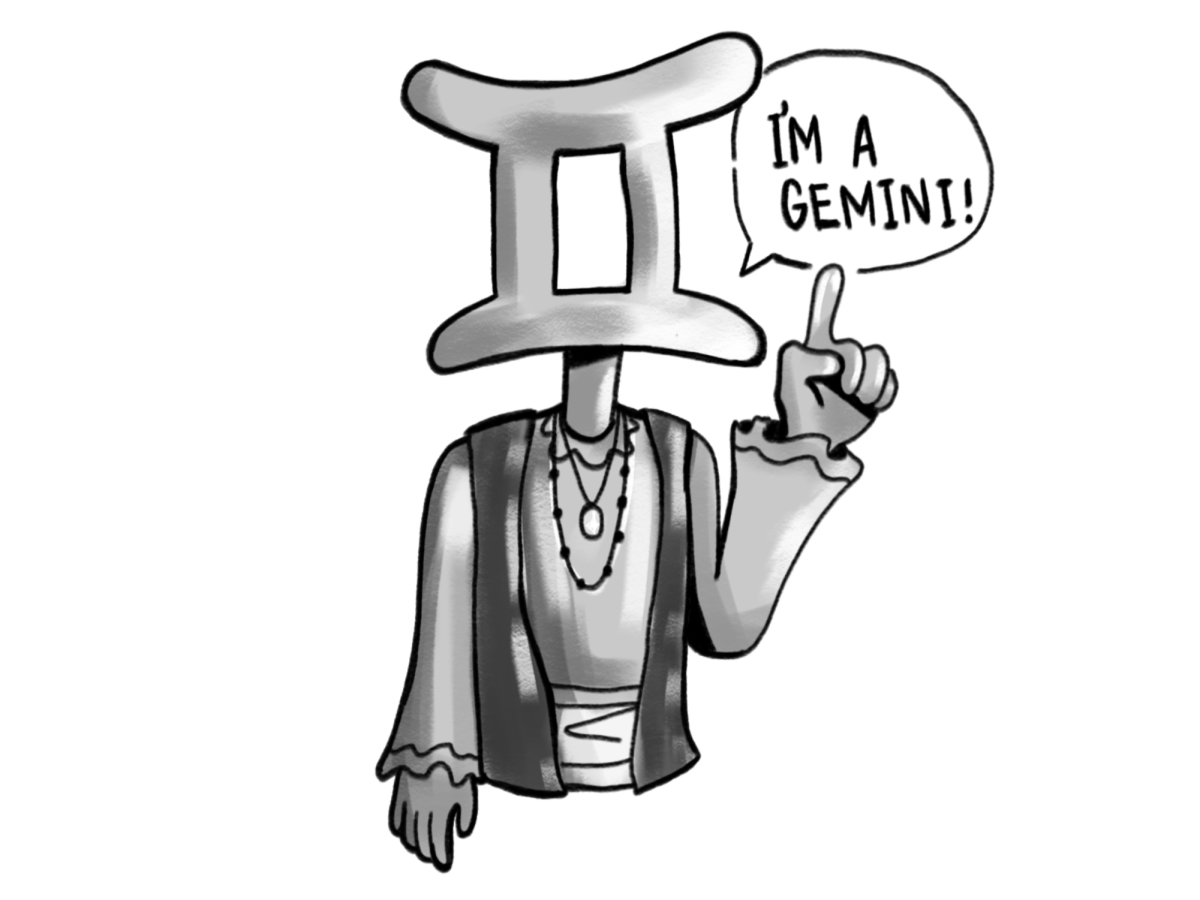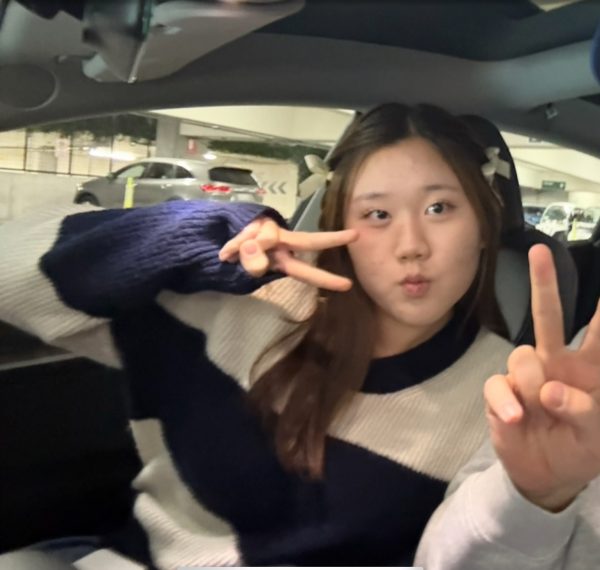“Just put my fries in the bag lil bro.” “And the world kept spinning.”
Empathy is a staple in our emotions, driving the actions of communities around the world. This powerful word stems from the German word “Einfühlung,” which means “in-feeling.” When someone says you have empathy, it means that you can understand and care for how someone else feels. While it is given that people should have empathy, the current generation seems to fundamentally lack this characteristic. CHS freshman Penelope Choi shared her thoughts.
“I think you naturally have empathy, but it could be reversed,” Choi said. “For the most part, if you’re a nice person, people are going to be empathetic towards your situation.”
Now, picture this: you have been scrolling through TikTok for three hours, only to come across another video of someone crying their eyes out over a difficult issue. You open up the comment section, only to see User9086744’s comment, “womp womp.” Unfortunately, this has become the reality of thousands of videos. From videos of someone discussing their hardships, to full blown clips of someone struggling with the loss of life, the audience seems to always fail at feeling for other people. Some accounts even take it a bit further and belittle the situation to the farthest extent possible. These commenters also have the advantage of being behind a screen, making it easier to say hurtful words anonymously.
Lacking empathy is not a new subject to the world of social media; the amount of understanding we have for each other has decreased drastically. But this provides the question as to why Gen Z holds this persona: has being heartless become the new norm? The answer is clear: being desensitized has led to its normalization, even towards one’s own community.
Having no empathy causes a chain reaction, and is seemingly taught, rather than naturally occuring. This is the domino effect of being callous towards the difficult situations one faces–once one person comments a rude statement, everyone else starts to follow. CHS sophomore Bomi Kim shared her insight.
“It depends on what audience you end up reaching,” Kim said. “In some posts there can be empathetic messages, but in another video it might’ve reached another audience where they’re not empathetic at all.”
In this day and age, the influence of being ruthless online has been engraved into what is acceptable, making the shortage of empathy grow greater everyday. The earth might still be spinning, but that nasty comment just ended somebody’s world. Sharing and feeling for someone’s situation is what makes people human–it is what helps support one’s grief. Being rude and having no empathy should not be a norm, but rather something looked down upon. Sharing these emotions and struggles together is important to creating an open environment for everybody, no matter what issue they may be facing. So, if a person is in need of empathy and support, make sure to be there and build the community into a safer space.



